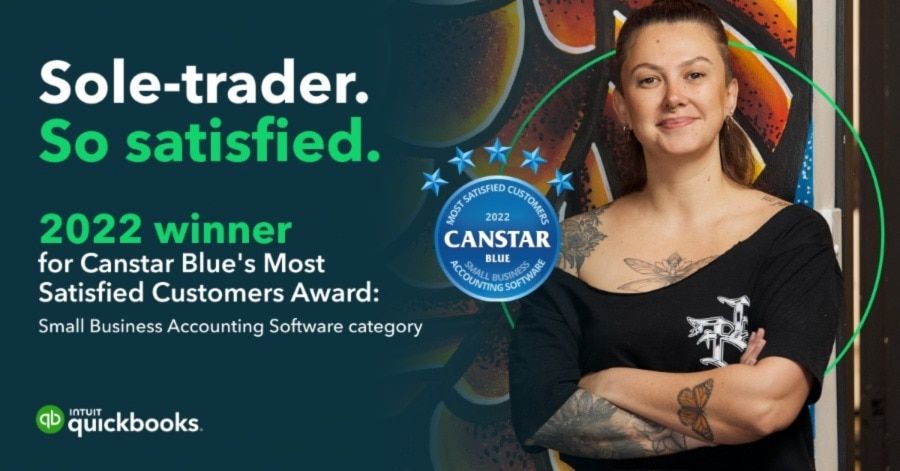Key skills of accountants
Apart from being financially savvy and good with numbers, an accountant also needs good emotional intelligence and people skills. Here are a few of the traits every good accountant needs to exhibit:
- Foresight and vision
- Problem-solving skills
- Detail-oriented perspective
- Communication skills
- Time management skills
- Commitment
In an accounting career, your goal is to make life as easy as possible for your clients. Good foresight and vision will allow you to see problems early so you can handle them before they grow into large-scale issues. Similarly, problem-solving skills will allow you to think creatively and find solutions to any issues that may arise.
Furthermore, accountants need to be able to pay close attention to details. One small detail can make the difference between thousands of dollars for your client, so you’ll want to make sure that you’re always on your game.
You’ll also need to know how to communicate sensitive issues with your clients. You’ll need to understand precisely what they’re looking for and how to help them.
Lastly, if you want to be successful, working as an accountant will take time. There will be some long hours, and you’ll need to know how to balance between multiple clients. But if you can remain committed to the job, you’ll find it’s very rewarding and can offer a lot in terms of career growth.
A career as an accountant is an exciting prospect. Working with clients and helping small and big business owners keep on top of their financials and tax obligations can be life-changing work. Whether you want to work for a small or a large firm or you want to start your own firm, working as an accountant can take on many different forms.

















